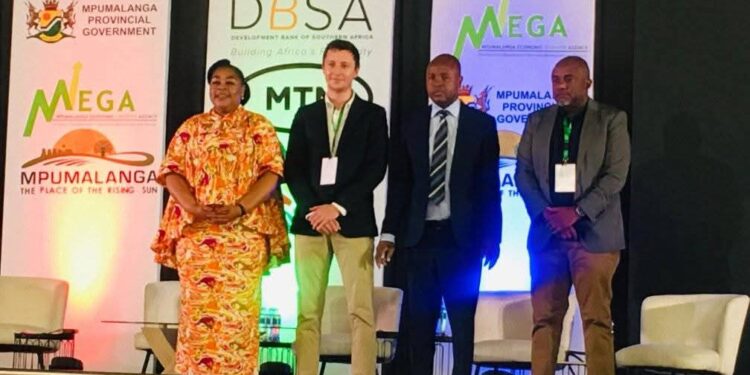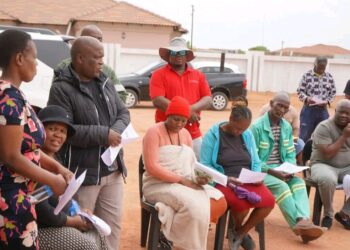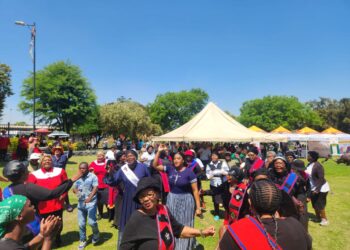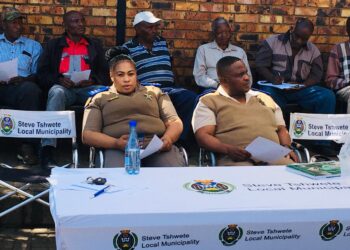Middelburg – The Minerals Council South Africa said while the country’s mining industry has recorded growth since 2000, its overall economic contribution slowed down due to rising electricity costs, persistent load shedding and policy uncertainty.
Speaking to Highveld Chronicle at the 2025 Investment and Mining Conference held at the Sydney Choma Banquet Hall in Steve Tshwete Local Municipality on 03 October 2025, Minerals Council economist Bongani Motsa said the sector has expanded by 65% since 2000, but recent challenges have hindered sustained progress.
“At a micro level, sectors such as finance, banking, insurance and real estate have driven much of South Africa’s economic growth while mining has struggled due to electricity issues,” said Motsa.
He explained that during the height of load-shedding, electricity demand often exceeded supply, forcing some mining companies to shut down operations as they could not meet production demands. Since 2007, electricity prices have surged by 950% compared to an inflation rate increase of 300%, putting profitability under severe pressure.
Despite these challenges, mining still contributes 3,7% to the national GDP, with platinum, iron ore, chrome and manganese driving most of the output. However, gold production has remained stagnant despite high global prices.
Between June 2024 and June 2025, the sector lost 6,000 jobs, largely due to challenges in the gold mining industry. “Even though gold prices are high, production remains slow and costly,” Motsa said. “It takes nearly an hour for miners to reach gold deposits underground, reducing productivity and competitiveness, which leads to retrenchments.”
Motsa said the Minerals Council continues to engage with government and labour unions to address job losses and ensure compliance with labour legislation. “Our laws protect employees. We follow due processes under Section 89 of the Labour Act, ensuring companies give proper notice and allow workers time to seek alternative employment,” he said.
To balance technology and employment, the Minerals Council is collaborating with the Mandela Mining Precinct to develop innovations that enhance efficiency without displacing workers.
The Council has submitted several reform proposals to the National Treasury and the Department of Mineral and Petroleum Resources (DMPR), calling for key interventions to revitalise the mining sector. These include aligning electricity tariff increases with inflation, introducing tax incentives for mineral exploration, improving Transnet’s logistics performance and ensuring policy stability through predictable mining charters that promote long-term investment.
“Mining projects take years to develop. If the rules keep changing every five years, it disrupts sustainability,” Motsa said. “We need consistent and predictable policies to create a stable environment for investors and the industry.”























